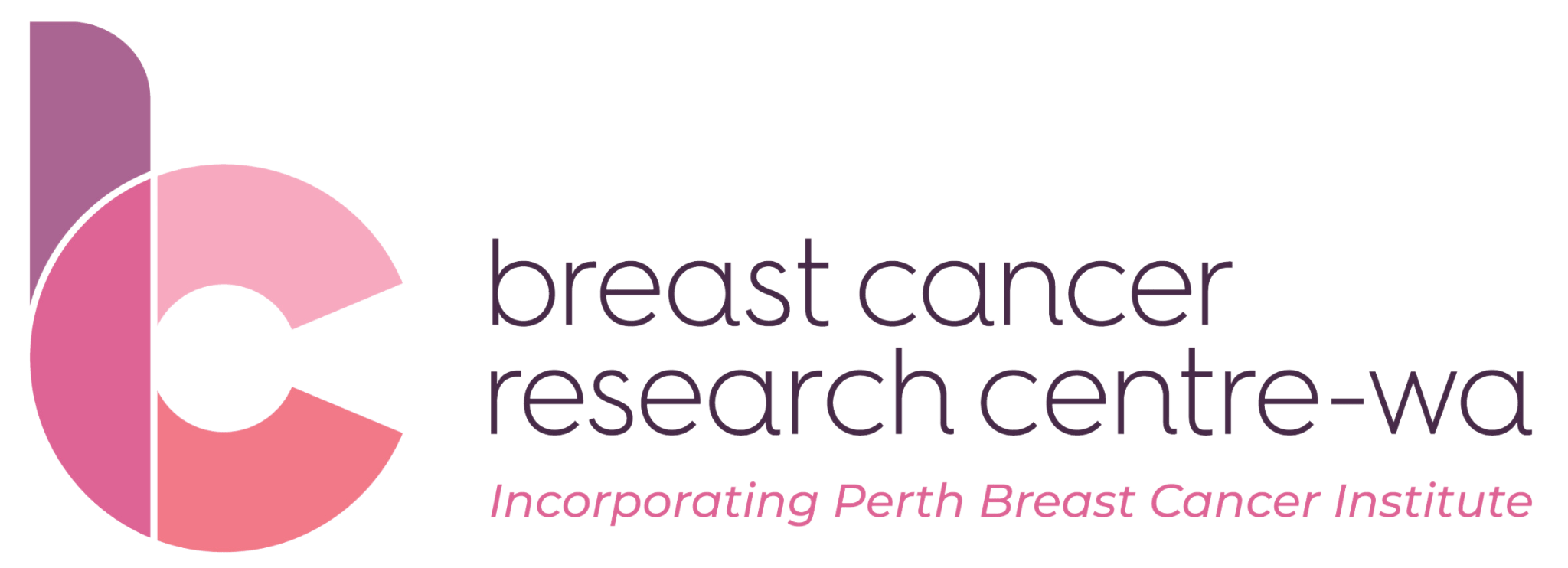Receiving a diagnosis of breast cancer is devastating, not only for the patient but also for their loved ones. It’s very normal for the person diagnosed to feel shock, disbelief, helplessness and fear and often their partners have similar feelings.
The good news is that today, most people survive breast cancer. In fact, of all the people diagnosed with breast cancer in Australia, 90% are alive five years later. The majority of people recover, and their breast cancer does not return.
Notwithstanding, the impact of a diagnosis on a family is immense and the burden is felt by a patient’s entire family and social unit. Family members typically find themselves adopting unfamiliar roles.
Not only that, research has shown that a breast cancer diagnosis can negatively affect a partner’s psychological well-being, career and relationship with both their spouse and children. The partner is often thrown into the unfamiliar role of caregiver which can lead not only to emotional suffering but also lost economic and social activities which can place further strain on the family unit.
Having said that, many partners of breast cancer patients find caring to be tremendously rewarding and satisfying leading to improved relationships with their partner, family and friends. Studies have shown that the negative aspects of caregiving are reduced, and the positive aspects enhanced when there’s emotional support for the caregiver.
Despite the significant role that the partner plays, there is currently an underappreciation of the importance of providing support to partners of patients with breast cancer. BCRC-WA has been working on ways to fill this gap to optimise the holistic care provided to advanced breast cancer patients and to also provide much needed support to partners.
To this end, with the assistance of some partners of patients, we formed a steering group in 2018 to develop a program for partners of patients. With so much talk in the community surrounding mental health and particularly men’s mental health, our timing felt right. A planning session was held in November last year and was attended by a group of partners of patients to plan the initial phases and develop the group.
The steering group considered the key areas spouses and partners felt would be most helpful for them to know more about and how BCRC-WA can help partners to better support the patients in their lives going through cancer. They also discussed what format the group should take.
One way to assist partners is the facilitation of partner/carer specific networks, whereby partners of patients will be able to meet and receive support from other partners, either one on one (in effect a ‘buddy’ system) or in a group setting. The simple act of getting together in a non-threatening, enjoyable, social environment with people going through a similar experience can help to alleviate feelings of isolation and fear and provide understanding and hope.
BCRC-WA’s primary objective is to increase survival rates and cure rates through our research and treatment. However, ensuring patients and their families receive appropriate care and support along the way, is also important. It’s these additional support initiatives and services that can make a significant difference.
For details of our first planned event at Clarko Reserve, Trigg, on Sunday 5 May, click HERE.
This free community event, for all partners of patients with metastatic breast cancer, will be a relaxed and informal gathering and a chance for partners of patients to meet and chat.
This is the first event we are holding for partners of patients. We intend to introduce a program comprising similar, informal and enjoyable events for partners of patients in due course.
***
If you are a partner of a patient with metastatic breast cancer you may feel frustrated and helpless over not being able to ‘fix’ your partner’s breast cancer. If you feel this way, the following things may help:
• If your partner agrees, go to medical appointments with them. Write a list of questions you might want to ask before you go and take notes when you are there. They can be useful to refer to later
• Consider reading more evidenced based information about breast cancer with your partner
• Ask your partner what you can do to help
• Take on more rolls around the house such as cleaning, taking care of children or sorting out finances
• Ask your family and friends for help. You might need to tell them exactly what you need, such as ‘a hand with the kids while I go grocery shopping’, or ‘help with the ironing once a fortnight’
• Talk with your boss about flexible working arrangements
• Contact BCRC-WA at info@bcrc-wa.com or on (08) 6500 5501
To link to this article in Business News, click HERE
Thought Leadership article #5, published in Business News online, February 2019.
By Carmelo Arto
To read more articles in our Autumn edition of ‘What’s news’, click HERE.



